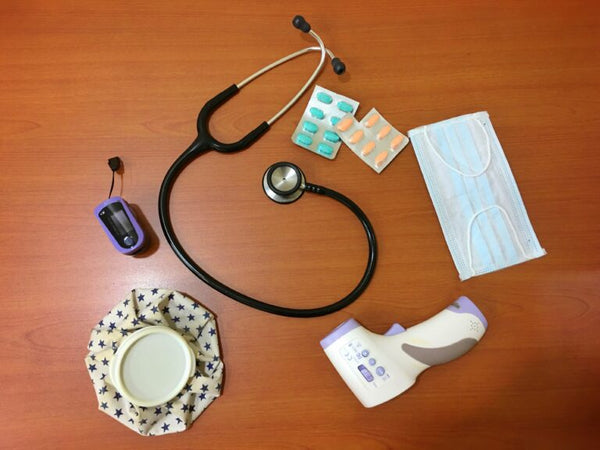COVID-19 Immune Support Update 3
Apr 16, 2024
To follow up on our last article, COVID-19: Immune Support Update 2 , On March 13th, the Wall Street Journal published a Special Report, Navigating the Coronavirus, which provided background information explaining what the coronavirus is, it’s origin, and symptoms. Seven strains, notes the Journal, are known to infect humans – through the respiratory (breathing) tract – specifically the lower respiratory tract. Four of the corona strains cause common colds, while two strains are considered quite severe human infections – causing acute respiratory syndrome (MERS).
The current virus – Severe Acute Respiratory Syndrome (coronavirus 2) – causes the disease Covid-19 (for a 2019 origin). The virus presents initially with a fever, shortness of breath, and potential complications with pneumonia. It may also cause fatigue, sore throat, headache, nausea, vomiting, and diarrhea. Some individuals have only a mild illness for several days, then deteriorate to pneumonia, while others, who are infected, don’t get ill. Proper hygiene – washing hands regularly, social distancing, and all the prevention strategies presented in the media by the Centers for Disease Control. When in doubt, turn to your healthcare provider for guidance.
Building a strong immune system to keep your respiratory tract in top form, is something anyone can do to take ownership of their health. Here are my key vitamins to immune support, and maintain a strong breathing system. And, don’t forget aerobic exercise like walking.
Vitamin D’s, a fat-soluble vitamin, status depends on age, sunlight exposure, and consumption of foods like fortified dairy products and salmon. The National Institutes of Health suggests a daily intake in a range of 600 to 800 international units (IU) – age specific. A Vitamin D blood test may significantly alter that range.
The Busselton Healthy Ageing Study, which involved 5,000 subjects, determined that, “low levels of serum 25OH-D (measured in the blood) were independently associated with asthma, bronchitis, wheeze and chest tightness, after three levels of adjustment for potential confounders. Higher Vitamin D levels were associated with higher levels of lung function.” If you are interested in listening to a podcast about the importance of Vitamin D and its support in battling COVID-19 symptoms click Here!
Vitamin A, a fat-soluble vitamin found in many vegetables like carrots, sweet potatoes, and spinach, “plays a substantial role, especially in the respiratory epithelium and the lung. During moderate vitamin-A-deficiency, the incidence for diseases of the respiratory tract is considerably increased and repeated respiratory infections can be influenced therapeutically by a moderate vitamin-A-supplementation,” according to a 2003 study – Importance of Vitamin A for Lung Function – authored by researchers at the Department of Biological Chemistry and Nutrition at the University of Hohenheim in Germany.
Mayoclinic.org notes the adult Vitamin A recommended daily allowance to be 3,000iu’s for men and 2300iu’s for women (not pregnant).
Vitamin C, found in strawberries, oranges, and tomatoes, is best known for its immune modulating effect and collagen support. A 2014 study in the journal Allergy, Asthma & Clinical Immunology said, Vitamin C supports lung function and reduces exercise induced respiratory symptoms significantly.
The Mayo Clinic says the, “(adult) recommended daily amount for Vitamin C is 65 to 90 milligrams (mg) a day, and the upper limit is 2,000 mg.” Increased stress on the body may adjust that requirement accordingly.
Vitamin E, also a fat-soluble vitamin found vegetable oils, avocado, nuts, spinach, and whole grains, reduces inflammation, according to a 2017 study that appeared in the Journal of Allergy and Clinical Immunology. The recommended dietary allowance (RDA) for vitamin E is 15 milligrams (or 22.4 International Units, or IU) for people over age 14, according to the National Institutes of Health (NIH).



